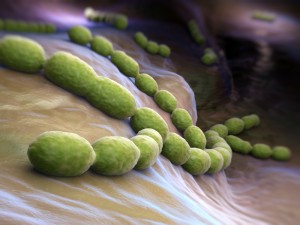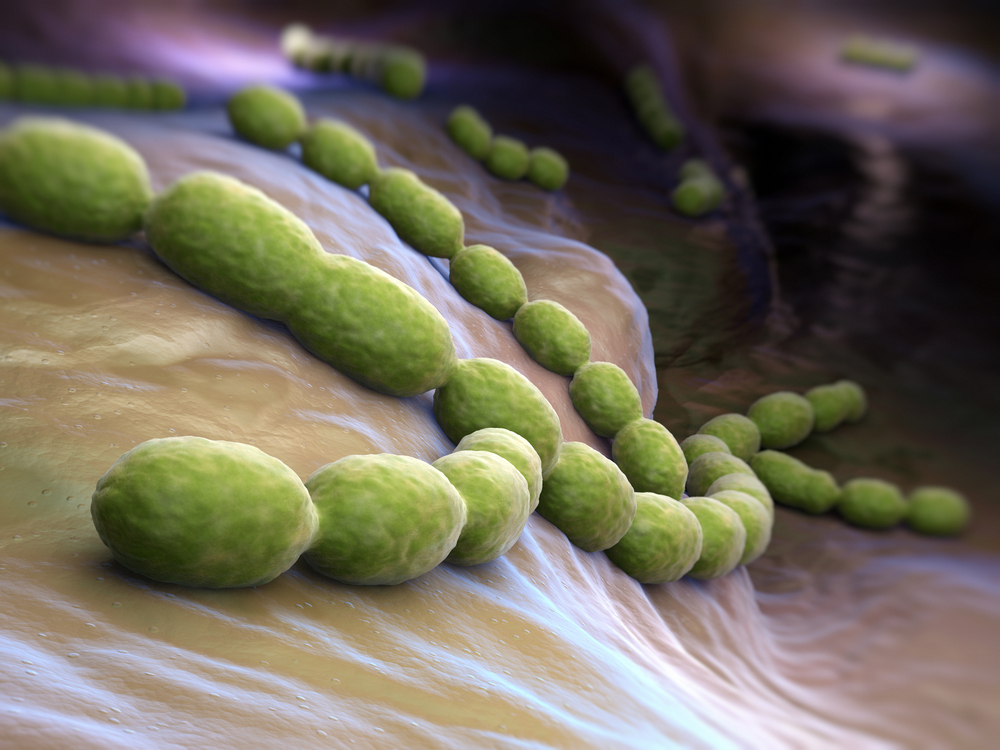 A recent study titled “Microbiota organization is a distinct feature of proximal colorectal cancers”, published in the Proceedings of the National Academy of Sciences (PNAS), has found that bacterial biofilms are associated with colon cancer.
A recent study titled “Microbiota organization is a distinct feature of proximal colorectal cancers”, published in the Proceedings of the National Academy of Sciences (PNAS), has found that bacterial biofilms are associated with colon cancer.
Since the human microbiome was discovered in 2012, revealing all types of natural bacteria that reside within the human body, several associations between diseases in the human microbiota were found.
This study reveals one such connection: cancerous tumors in the ascending colon can be revealed by biofilms, dense masses of bacterial cells enclosed in a bacterial-derived matrix.
“This is the first time that biofilms have been shown to be associated with colon cancer, to our knowledge,” co-author Jessica Mark Welch, a scientist at the Marine Biological Laboratory (MBL) in Woods Hole, Mass, said in a news release.
The team of researchers at the Johns Hopkins Medical Institutions relied on a novel imaging technology, called combinatorial imaging, which enabled them to improve microbial community structures’ observation.
This technique, developed by Dr. Mark Welch and colleagues at the MBL, could be used in the future to aid in the clinical diagnose of pre-cancerous or cancerous malignancies in the ascending region of the colon. Combinatorial imaging uses different fluorescent probes that are activated depending the bacterial species they encounter in the biofilm, allowing scientists to see the 3-D structures of the microbial community.
A healthy colon is enclosed in mucosa that helps prevent bacterial colonization of the colon’s epithelia. What this team found was that patients suffering from colon cancer who have tumor-associated biofilms, also present biofilms on healthy zones near the mucosa.
“This suggests that either the tumor allows the biofilm to form, or the biofilm is helping to cause the tumor,” Dr. Mark Welch added in the news release. “The breaching of the mucus layer could allow bacteria to come into contact with the host epithelial cells, and that is one thing that could lead to cancer.”
Contrary, tumors in the descending area of the colon, do not present this type of biofilms. Furthermore, the team also found that biofilms found in the ascending colon are composed of different bacterial species, and that the biofilm part invading the mucosal layers contains one subset of all the different strains found in the biofilm, instead of just one main invasive strain.


